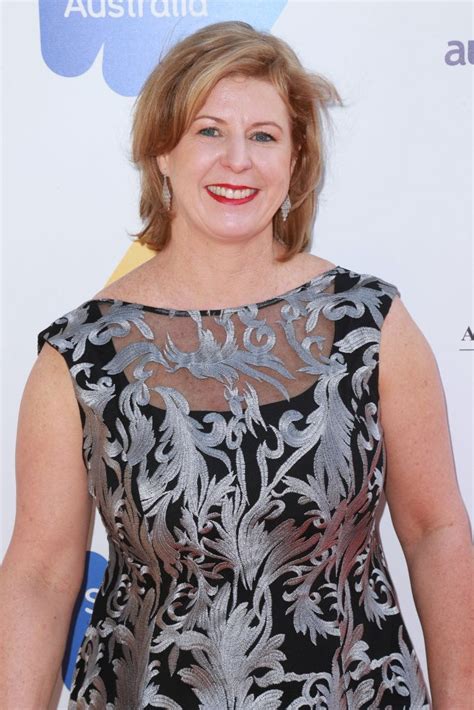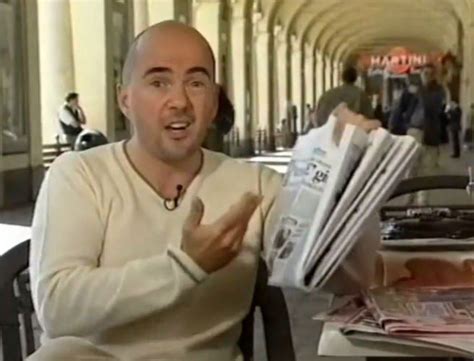A Quote by Susan Griffin
Telling a story of illness, one pulls a thread through a narrow opening flanked on one side by shame and the other by trivia.
Related Quotes
There is another side to death. Whether death happens through an act of violence to a large number of people or to an individual, whether death comes prematurely through illness or accident, or whether death comes through old age, death is always an opening. So a great opportunity comes whenever we face death.
Well, let’s start with the maxim that the best writing is understated, meaning it’s not full of flourishes and semaphores and tap dancing and vocabulary dumps that get in the way of the story you are telling. Once you accept that, what are you left with? You are left with the story you are telling.
The story you are telling is only as good as the information in it: things you elicit, or things you observe, that make a narrative come alive; things that support your point not just through assertion, but through example; quotes that don’t just convey information, but also personality.
The ‘experimental’ writer, then, is simply following the story’s commands to the best of his human ability. The writer is not the story, the story is the story. See? Sometimes this is very hard to accept and sometimes too easy. On the one hand, there’s the writer who can’t face his fate: that the telling of a story has nothing at all to do with him; on the other hand, there’s the one who faces it too well: that the telling of the story has nothing at all to do with him
I think that is what we do by preserving and telling our stories. If you don't tell your stories, other people will tell their story about you. It's important that we nurture and protect these memories. Things change. Existence means change. So, the kind of precious memories about being black for my generation won't exist for my kids' and grandkids' generations unless we preserve them through fiction, through film, through comic books, and every other form of media we can possibly utilize to perpetuate the story of the great African-American people.
Ezra clapped his hands. "all right," he said. "In addition to the books we're reading as a class, I want to do an extra side project on unreliable narrators." Devon Arliss raised her hand. "what does that mean?" Ezra strode around the room. "well, the narrator tells us the story in the book, right? But what if... the narrator isn't telling us the truth? Maybe he's telling us his skewed version of the story to get you on his side. Or to scare you. Or maybe he's crazy!
I think that people have to have a story. When you tell a story, most people are not good storytellers because they think it's about them. You have to make your story, whatever story it is you're telling, their story. So you have to get good at telling a story so they can identify themselves in your story.






































